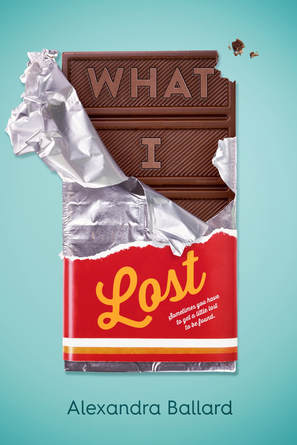I am so excited to announce the arrival of the official WHAT I LOST Discussion guide! Scroll down for an online version of the guide, or click below to download your own copy.
| what_i_lost_discussion_guide.pdf | |
| File Size: | 382 kb |
| File Type: | |
| what_i_lost_discussion_guide.pdf | |
| File Size: | 382 kb |
| File Type: | |
